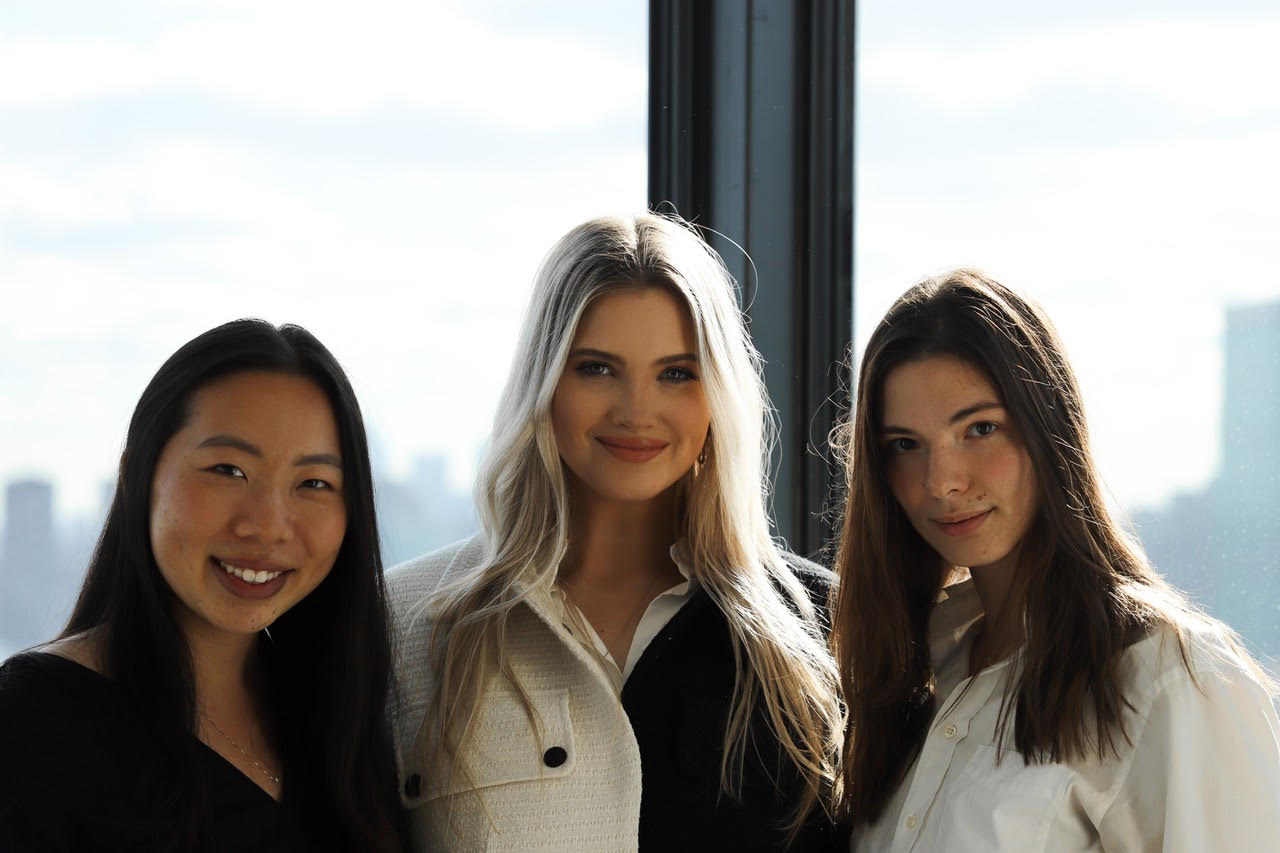
With the rapid development of artificial intelligence, fintech, and digital technology in general, companies of all sizes – whether they are an early-stage startup or a publicly traded corporation – need lawyers who specialize in the legal and commercial aspects of these technologies.
Rooted in its entrepreneurial spirit and commitment to fueling the growth of the technology industry in New York and beyond, in 2016 Cornell Tech and Cornell Law School created the first Master of Laws (LLM) in Law, Technology and Entrepreneurship in the world. Now, the Cornell Tech LLM program is launching a part-time structure to invite those who may need a more flexible schedule to participate.
We spoke with Matt D’Amore, the Director of the Tech LLM program and Professor of Practice at Cornell Tech and Cornell Law School, to learn more about the new part-time program and what individuals can expect who take advantage of this new structure.
Can you give us an overview of the LLM program and your role in it?
I’ve been at Cornell Tech since 2017, when I joined the campus after a 20-year legal career at a technology law firm in New York City. Since joining Cornell Tech, I’ve largely run its law program, and I teach technology, transactions law, trade secrets and legal technology. We currently have a one-year full-time LLM degree that serves as a post-graduate program for students who already have their JD degree or equivalent. The Tech LLM program provides our students with deep disciplinary experience in technology law, practice and policy, and also allows them to participate in Cornell Tech’s flagship Studio program where they learn how to build products and act as founders.
We’re now rolling out a new part-time version of our LLM program to allow law graduates with flexible work schedules to take advantage of this unique educational opportunity while continuing to work at least part time. The part-time program will be best-suited for individuals who can reduce their hours at work and reorient their schedules to participate in classes two days a week for the next two years.
What makes the LLM program unique? What can participants get from this program that they can’t get elsewhere?
So there are a few key aspects that set the Cornell Tech LLM program apart. The first is a deep dive into technology law. Unlike most LLM programs, all of our classes are technology law focused. Participants in our programs get exposure to finance for tech companies, technology transactions, internet law, intellectual property, privacy law and other essential courses needed to represent a technology company. In the program, they’re being taught by both leading academics and leading practitioners, which gives the program a very practical edge. That’s the legal side of it.
In addition, they will gain experience through Studio, working on interdisciplinary teams that include students from Cornell Tech’s computer science, engineering, business and other programs. This provides our students an opportunity to experience what it’s like working on a development team and get an inside view of what it’s like to work at the kind of companies that they’re hoping to serve as a lawyer. Along the way, they will build a network of people who in a few years may well be potential clients.. So, it’s unique with the combination of the deep dive into technology law, plus the interdisciplinary experience of Studio that allows students to have that experience as a founder and also build their network beyond just lawyers.
How does New York City complement the program itself? What does New York City offer as opposed to a program based in another location
We are very well connected to the New York City ecosystem in a number of ways. First, we draw a lot of our practitioners and guest lecturers from the New York City legal community, which includes some of the top technology lawyers and law firms in the world. Second, we have a deep alumni base, both at the law school and from Cornell Tech in New York City, forging another opportunity for networking and developing connections. And third, students have the opportunity to connect with several New York City-based organizations, particularly the New York State and City Bar Associations, both of which are very active and in our experience, eager to engage with tech-oriented law students.
For the Tech LLM program, what would you say are the ideal outcomes that participants can gain?
The Cornell Tech LLM program offers students the opportunity to deepen their understanding and knowledge of how technology law is practiced today, and the kinds of needs that technology law companies have. When it comes to ideal applicants, we are looking for people with some initial technology law exposure and interest, and we’re hoping to provide a bridge for those students with a formalized education.
We’re casting a wider net to welcome students. Perhaps they didn’t get it in law school, but they’ve worked at a firm and done some work for tech companies and they feel that they need to get some formal education. Or perhaps they are looking to return to legal practice after some time away. Or maybe they’re working at a very small firm or solo practice, for startups or small businesses, and are looking to deepen their experience and exposure to the technology law field. If they have a practice that is mostly small businesses and not a lot of tech, this background and education might help them expand into doing more technology-centric work for small technology companies, startups, either in the New York City community or elsewhere.
We hope that students who graduate from the program end up working in technology law firms, technology companies or expanding their existing practices.
What would you hope to see from the first part-time cohort that would help further shape how this part-time program may look or evolve in the future?
The part-time Cornell Tech LLM is a program designed for professionals who want to advance their careers and build on the strong foundations they already have. This new part-time program not only equips students with knowledge and skills to excel within their current position and organization but to thrive in an array of roles more closely connected to law, technology, and policy. Additionally, being rooted in professional networking, students in the program will be exposed to unique opportunities to connect with peers, leaders, and organizations in New York City and the legal ecosystem to help maximize their opportunities after graduating.
As the part-time program grows, we’re looking forward to better understanding our students, their needs, and how they will take advantage of and utilize the learnings and network from the program in current and future work options.
To learn more or to apply, visit https://tech.cornell.edu/programs/masters-programs/master-of-laws-llm-in-law-technology-and-entrepreneurship-part-time/.




